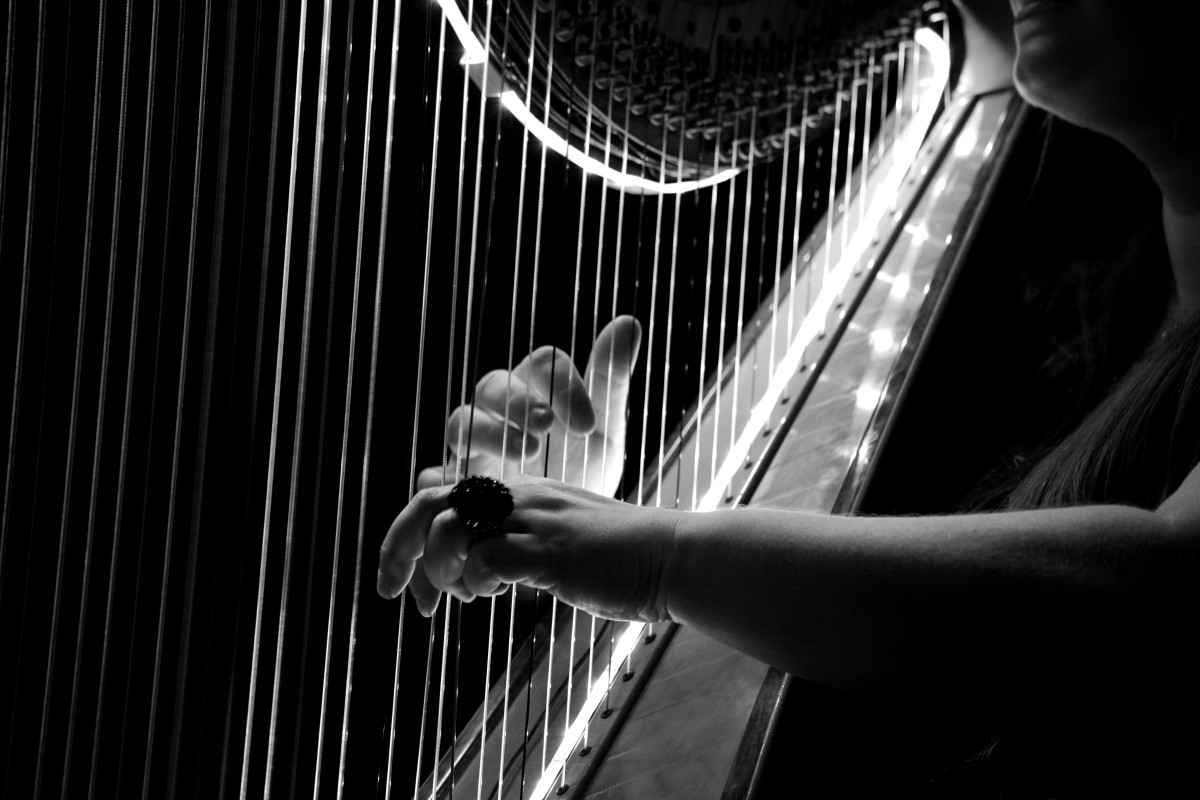
Reflections on a Year of Practicing a New Instrument
A little over a year ago I started practicing the harp – an instrument that I had never touched before receiving a kit to build one for Christmas of 2018. By April of 2019 I had finished putting it together, installed the strings, and started working in a curriculum series. In late July of 2019 I bought a book of “easy” Christmas songs with the intention of playing a selection of them for Christmas Eve services for church. When Christmas arrived, despite having practiced diligently I found that only one of the Christmas songs in the book seemed performance worthy. The others were much more difficult than I anticipated for a beginner book. I played my one piece on Christmas Eve and did well but felt a little disappointed that I had not made more progress in time for that event.
After the holiday season I put the book away but continued to practice. I made a concerted effort to get my hands on my harp every day, even if it was only 5 or 10 minutes at a time, no excuses. Last week, a year from the date my first Christmas book arrived, I pulled it out to try again for this Christmas. To my delight, I discovered that I was able to (slowly) sight read through more than half of the book!
As I prepared to meet with my students that day, I started to think about the transformative quality of consistent practice. It isn’t dramatic. There is no mystical secret. Just daily practice. If there is no dark mystery, then why don’t more people make progress on their instruments? What needs to change?
Set reasonable expectations for your progress. The more time and effort you put into music, the more progress you are going to make. If practice sessions are limited to once a week, you shouldn’t expect to develop masterful skills in a month or six months.
Set small, manageable goals. Many of my students start lessons dreaming that they will become famous and perform for sold out audiences despite having almost no experience, and very little musical knowledge. Instead of focusing on packed-out auditoriums, focus on mastering a fundamental musical skill: counting, note naming, hand coordination, or dynamic control.
Keep a record of your playing. It is difficult to gauge the amount of progress you’ve made as a musician if you aren’t keeping track. Using a leveled curriculum series is a good start, but regular recordings from the beginning of your music journey will give you something to look back on down the road.
Decide music is an important part of your life. Music lessons don’t have to end when grade school does! Music should be a part of you daily regimen – incorporate it as part of your self-care routine, share it with friends, exchange music practice for TV or Screen time to keep your mind sharp and your fingers nimble.
Musical growth happens like any other growing part of life – slowly and imperceptibly. Looking back over a long period of time allows you to see improvement, but first you have to stick with it!
